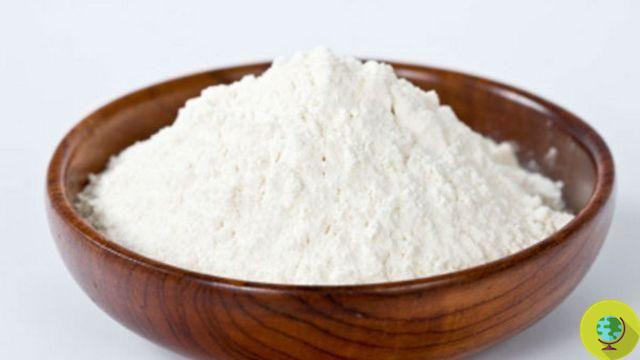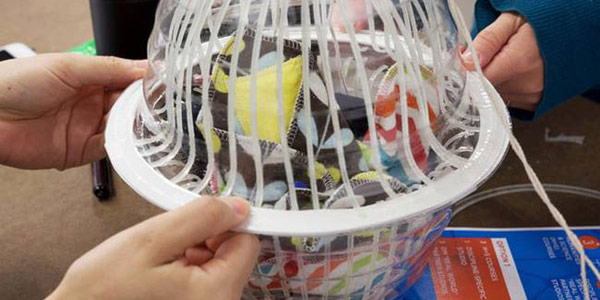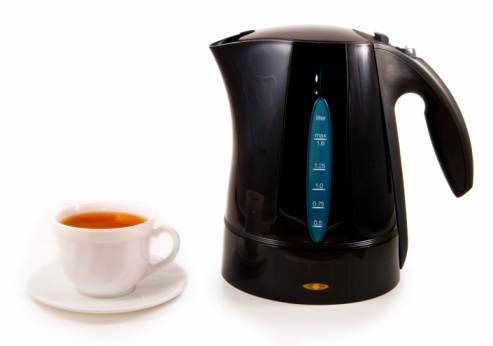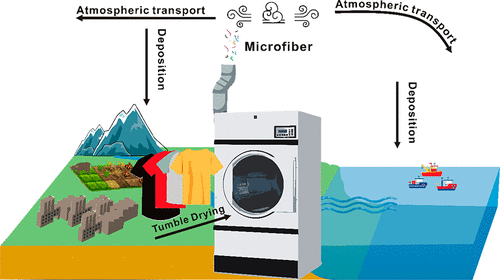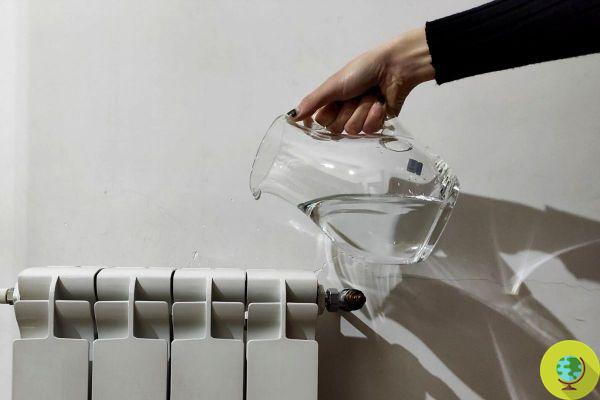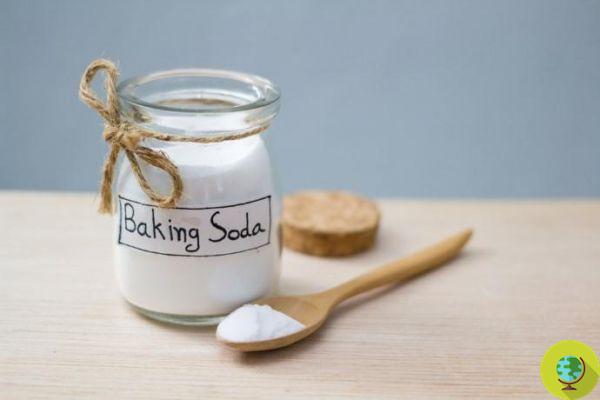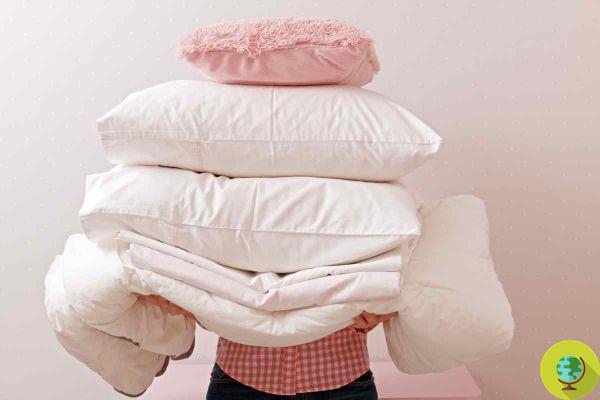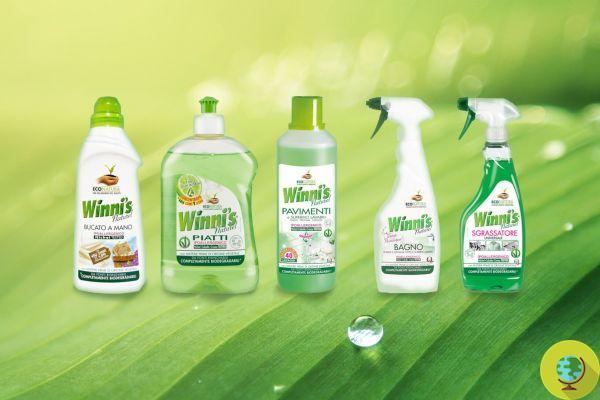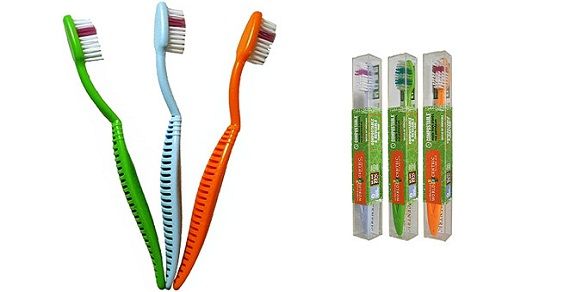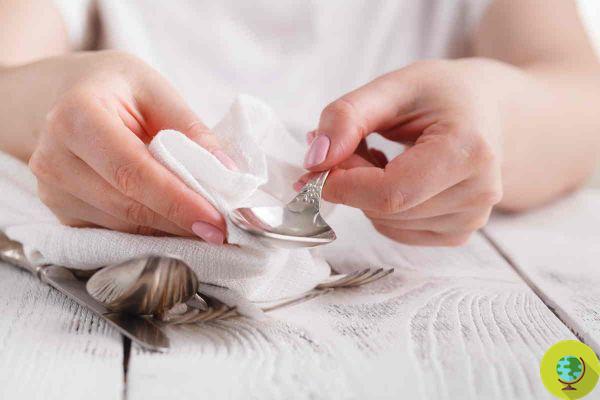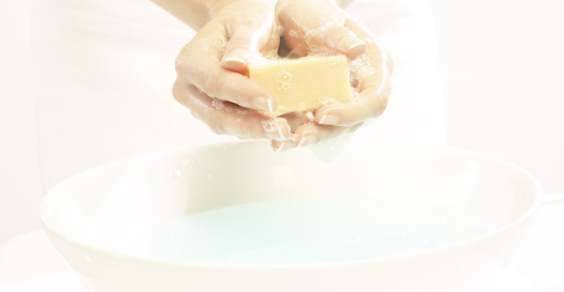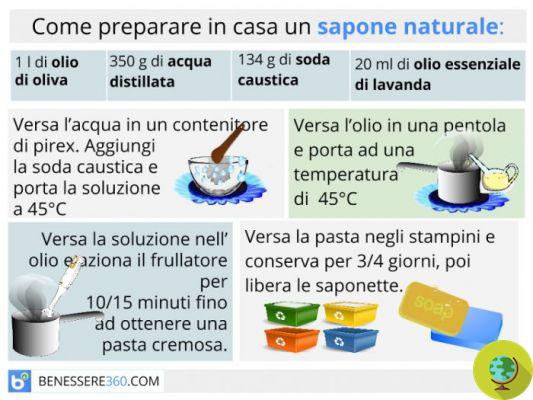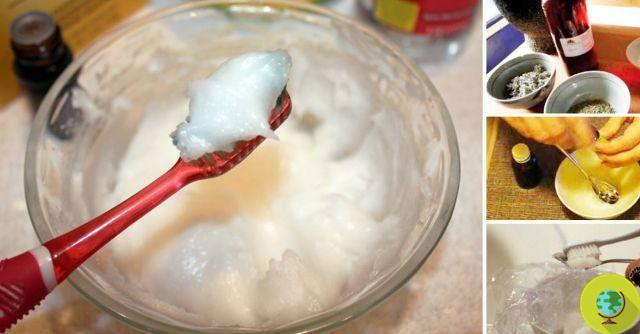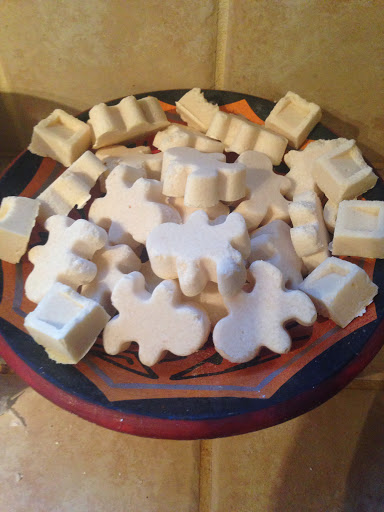Vinegar, a tasty condiment but also a grandmother's remedy often recommended for household cleaning. Not everyone knows, however, that there are situations in which it should absolutely not be used. Fortunately, there are other natural solutions for home hygiene instead.
He is about to end up run over, his mother saves himVinegar, a tasty condiment but also a grandmother's remedy often recommended for household cleaning. However, not everyone knows that there are some situations in which it should absolutely not be used. Fortunately, there are other natural solutions for home hygiene instead.
While in recent years vinegar was often recommended both for cleaning surfaces and sanitary ware and for washing machine hygiene and instead of fabric softener, today we tend not to recommend, and with good reason, given there are better solutions, equally natural but decidedly less polluting. Surely vinegar is to be preferred over many cleaning products on the market, but it is also true that there are even more valid ecological alternatives.
The problem with vinegar is that it is made from acetic acid. This substance it is very polluting for the environment and particularly dangerous for the marine ecosystem. Whenever it reaches the water of rivers and seas, in fact, it creates an environment that is too acidic which seriously endangers the health of fish and other marine species.
Also, acetic acid it is corrosive to metals and promotes the release of nickel to which many people are allergic. For these reasons it would be good to avoid using it in some situations.
Vinegar, when not to use it
Since vinegar pollutes the water, it goes without saying that it is absolutely not recommended to use it in cases where this substance then ends up in the drains. To be avoided therefore in the washing machine, both instead of softener and for cleaning the appliance by washing with only vinegar.
In fact, when we put it in the washing machine, we would have several disadvantages:
- environmental: we pollute the waters by discharging not only acetic acid into the sea but also heavy metals that are released by its action on clothes, surfaces, etc.
- economic: in the long run it damages household appliances, taps and other metal surfaces due to its ability to corrode
The same is true if it is used in the dishwasher like rinse aid. Acetic acid will end up in the sea with dire consequences.
Fabrizio Zago, chemist expert in ecological detergents, remember that the official biodegradability and toxicity data for aquatic organisms speak for themselves: acetic acid pollutes 53 times more than citric acid. Here then is that the latter can be a worthy natural substitute for vinegar where this ingredient cannot be used for the reasons already mentioned.
Vinegar should not be used as a descaler for taps either, sinks or pots both because it ends up in water and because it corrodes and frees metals.
It is also not recommended on any type of screens (PC, TV and mobile phones) as it could ruin them as well as on marble and granite surfaces.
However, vinegar remains a good product for ecological cleaning to be used in all situations where it does not end up directly in the drains, for example cleaning the fridge or windows, washing floors, removing bad smells from carpets, mattresses or other surfaces.
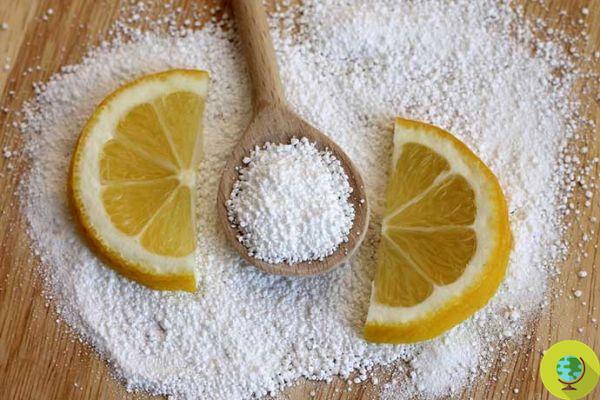
How to replace it
Citric acid is a worthy substitute for vinegar in all situations where the latter cannot be used. This substance is much less polluting than vinegar and this was proved by Zago himself in an experiment in which he compared the drainage of two washing machines in which the two ingredients had been inserted. As he writes in the forum about him:
“I did this: I took two identical washing machines. On one I put a certain amount of acetic acid and in the other citric. I took the waste water and measured the metals present. The ratio between the metals leaving the machine with acetic was 12 times greater than that of the machine with citric ".
It must also be said that to have the same descaling effect of citric acid it would be necessary to use much more vinegar and therefore to pollute even more (as well as wasting a greater number of bottles which are very often plastic).
The last advantage of citric acid is undoubtedly that of not having the same persistent and unpleasant smell of vinegar.
Citric acid can be used effectively as:
- Rinse aid for the dishwasher
- Ammorbid for the washing machine
- Descaler for surfaces
- Descaler for washing machine and kettle
- For clogged drains
To find out how to best use citric acid, read also:
- Citric acid: how to use it and why to prefer it to vinegar in cleaning
- Citric acid: all uses, benefits and where to buy it
- Citric acid do-it-yourself rinse aid for the dishwasher
Other natural products that can be used for ecological house cleaning are:
- Percarbonato
- Sodium bicarbonate
- Lemon
- Marseille soap
- Sodium carbonate
- Essential oils
The indiscriminate use of vinegar, which was promoted until recently, has likely caused more harm than good. However, we can now remedy it by informing other people of the harmlessness of this ingredient, using it correctly and, when necessary, replacing it with other natural solutions.
Read also:
- 10 mistakes to avoid when cleaning the house
- Ecological cleaning: 10 products you won't have to buy anymore
- How to clean the washing machine





